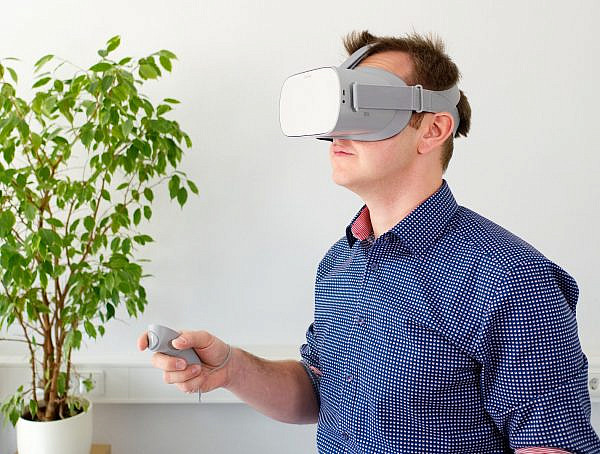The potential effects of gaming on academic performance are unclear. While some research has condemned games as hampering studies, the authors Kelsey Prena and Andrew J. Weaver point out mixed evidence for and against in “Grades on Games: Gaming Preferences and Weekly Studying on College GPAs”. Earlier studies have correlated playing during the week with worse academic performance and playing on the weekends with better. Violent video games have been associated with reduced academic success. Yet, other studies have found no correlation, and some have found positive effects.
The study in question surveyed 272 college students and examines excitation transfer theory, which suggests that the effects of media can last beyond the activity itself. Games with rewards have been shown to activate the hippocampus, which is in turn associated with improved spatial, verbal, associational, and reward-related learning. Thus, gaming may help remember information that is studied after playing. Indeed, video gaming has been shown to predict better declarative (conscious) memory performance. For this end, the survey included an extensive questionnaire of genre preferences, gaming motivations, as well as time spent gaming and in alternate activities like cooking or reading.
The research question, unfortunately, remains inconclusive. Time spent playing, or being a gamer at all, did not seem to predict grade-point averages (GPA). Interestingly, while time spent studying had a positive correlation with GPA regarding gamers, it did not explain the grades of non-gamers. Additionally, time spent studying on the weekends was found to positively affect grades in gamers, who were also much more likely to study on weekends than non-gamers. The more time one spent playing overall, the more time they spent studying on the weekends. On the other hand, gaming preference for fighters, shooters, and sports games had a minor correlation with worse academic performance. Those preferring adventure, role-playing, or strategy games were found to spend more time coding, cooking, creating, and less likely to watch TV than others.
The authors caution a need for more research to understand these correlations, as they have many potential explanations. The findings may show evidence for gaming improving efficiency in studying, personality differences between gamers and non-gamers, and may be affected by self-report errors in evaluating time spent with activities.
The Article
Prena, K., Weaver, A.J. Grades on Games: Gaming Preferences and Weekly Studying on College GPAs. Game Studies, 20(4).
http://gamestudies.org/2004/articles/prena_weaver
Image
Image by Patrick Amoy from https://unsplash.com/photos/IFDrvrv5KAY
You might also like
More from Game Research Highlights
How do you want to do this? – A look into the therapeutic uses of role-playing games
Can playing RPGs contribute positively to your wellbeing? A recent study aims to find out how RPGs are being used …
Eldritch horrors and tentacles – Defining what “Lovecraftian” is in games
H.P. Lovecrafts legacy lives today in the shared world of Cthulhu Mythos and its iconic monsters. Prema Arasu defines the …
Are Souls Games the Contemporary Myths?
Dom Ford’s Approaching FromSoftware’s Souls Games as Myth reveals the Souls series as a modern mythology where gods fall, desires …













